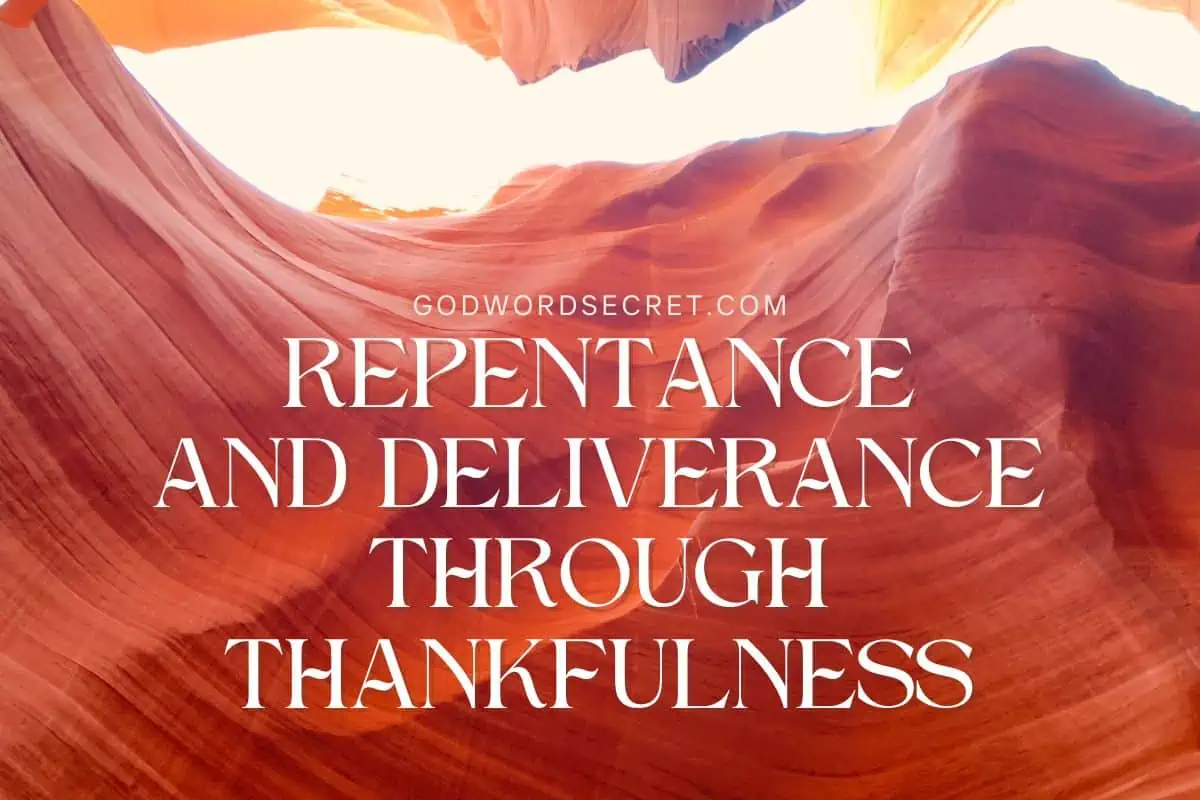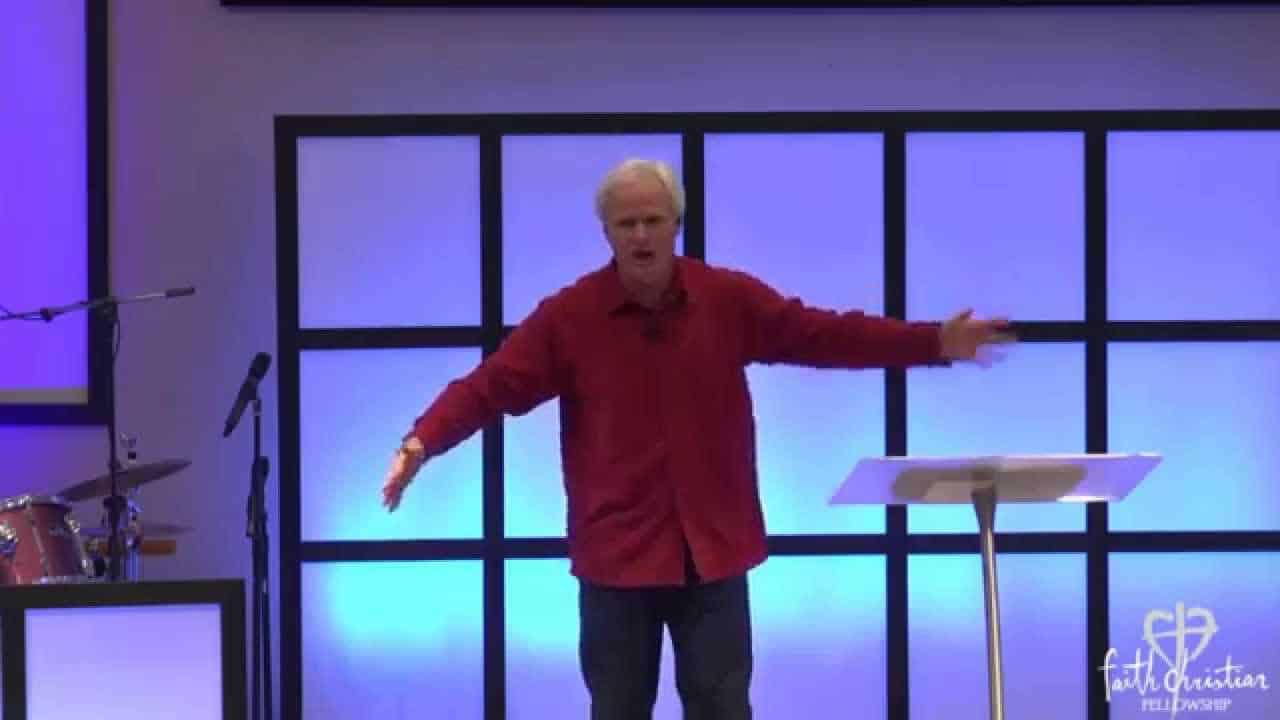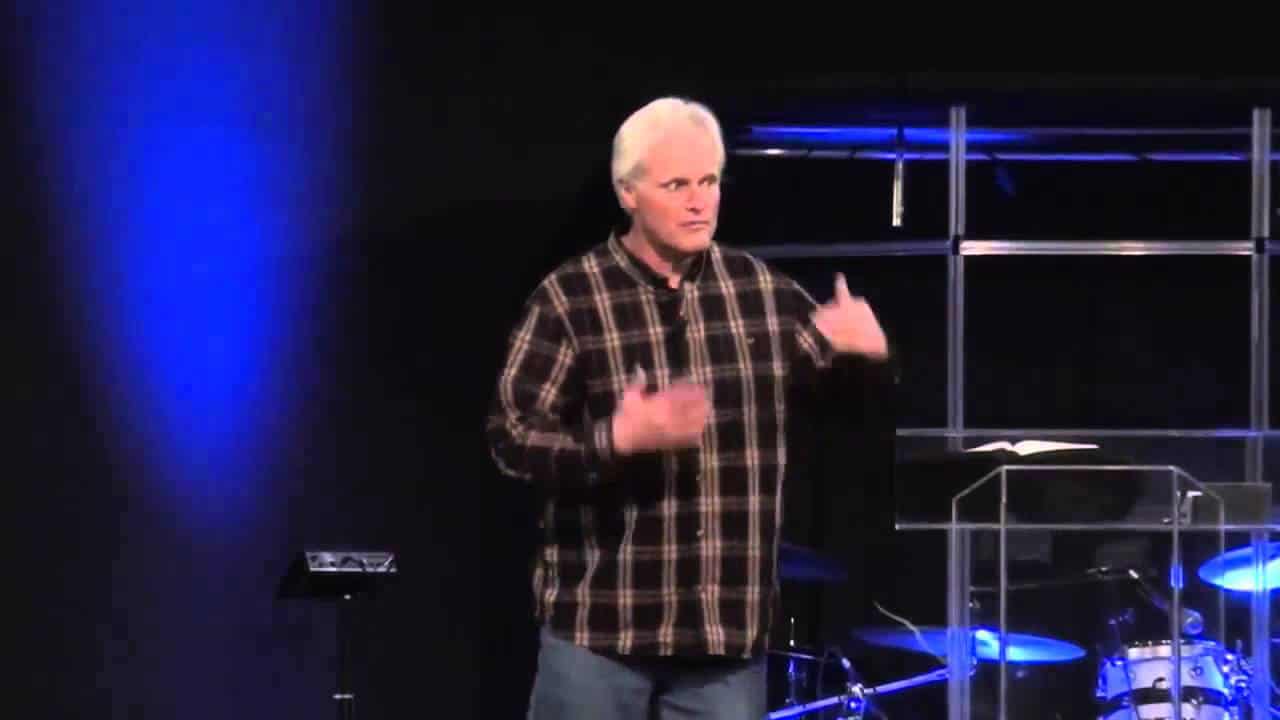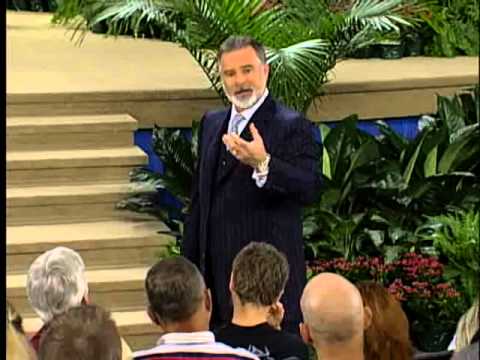What Does the Bible Say About Floods?
The flood that was mentioned in the Book of Genesis illustrates the justice of God, His mercy, and the wickedness of men. We can find the word “flood” in the Old Testament in thirteen instances. The Hebrew term for flood is mabbul, which means “to flow or to stream.” These words are found in the Book of Genesis, as well as in (Psalm 29:10 The Lord sits enthroned over the flood; the Lord is enthroned as King forever.). Meanwhile, the Septuagint and the New Testament use the word kataklysmos, which also means a “deluge or flood.” Most biblical scholars believe that the flood that happened in Noah’s time was global. It was considered the direct judgment of a just God on wicked individuals.
In Genesis 7:23, it is said that the flood wiped out all creatures, including people and animals that move along the ground. All the birds and everything that breathed air were also consumed by the flood. Many people today are offended by the flood story that took place in Noah’s time. But instead of focusing on God’s way of delivering justice, Christians should put their minds and hearts on the grace and mercy of God. The flood story gives us a clear picture of how gracious and merciful our God is. Instead of wiping out all humanity, He saved some people in order for our race to continue.
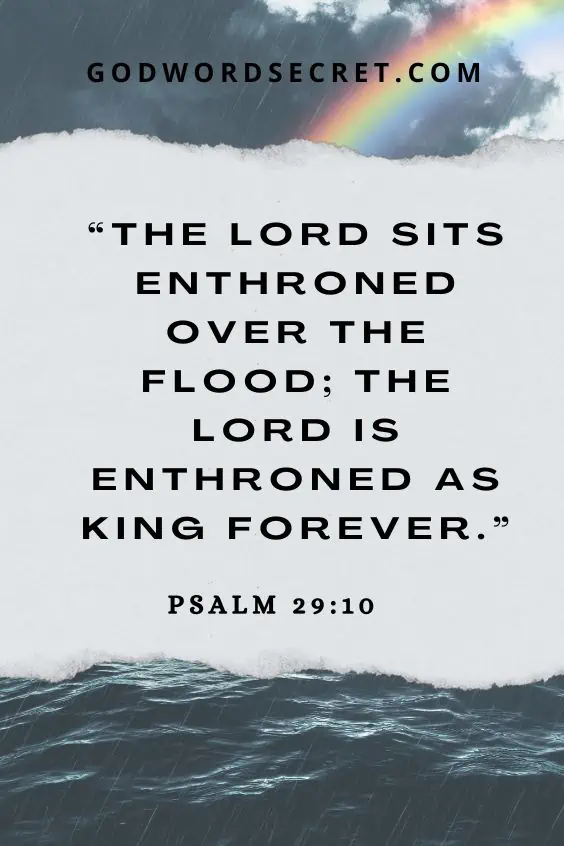
The Perfect Justice
God is always just, and Christians should believe in this truth. The psalmist said in (Psalm 25:8 Good and upright is the Lord; therefore he instructs sinners in his ways.) that “God is just and fair.” God is always good and upright. He is the God Who does not judge indiscriminately. He is not a bully God Who would drown everyone for no reason at all. He knows both the innocent and the guilty ones. Christians should rejoice with the fact that God has justified us in Jesus Christ. This means that all our sins and wickedness are now forgotten by God through Jesus Christ (Isaiah 43:25 “I, even I, am he who blots out your transgressions, for my own sake, and remembers your sins no more.). Instead of wiping us off the face of the planet, He chose to wipe away our sins instead. And because He wiped all our sins away, our tears and sufferings will also be wiped away when Jesus returns. (Revelation 21:4 He will wipe every tear from their eyes. There will be no more death’ or mourning or crying or pain, for the old order of things has passed away.”)
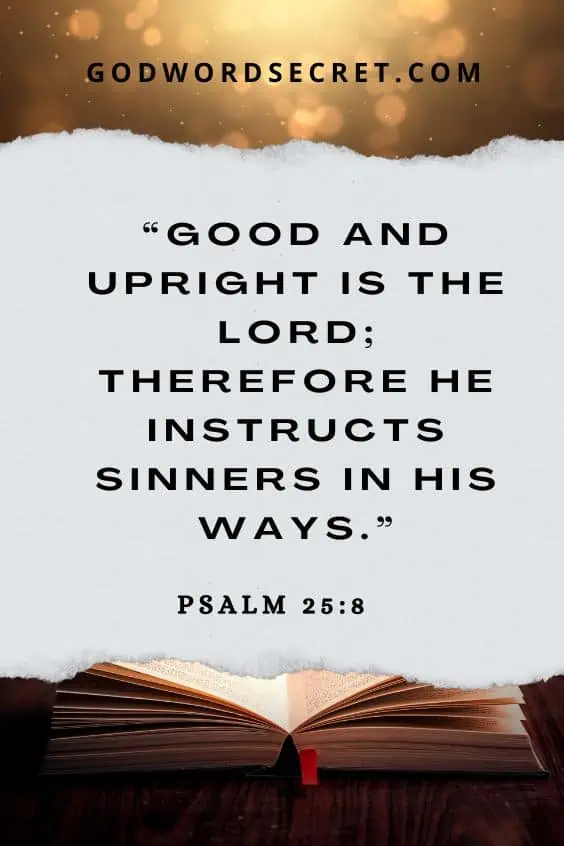
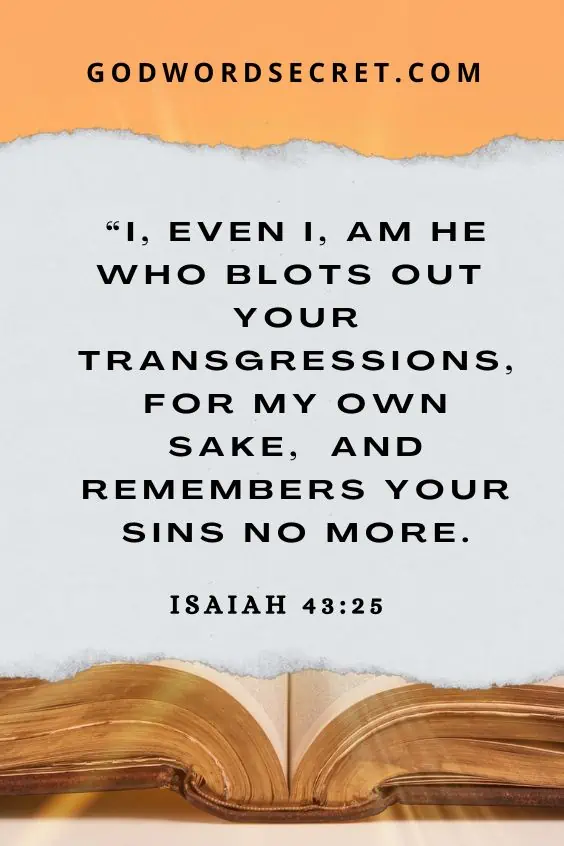
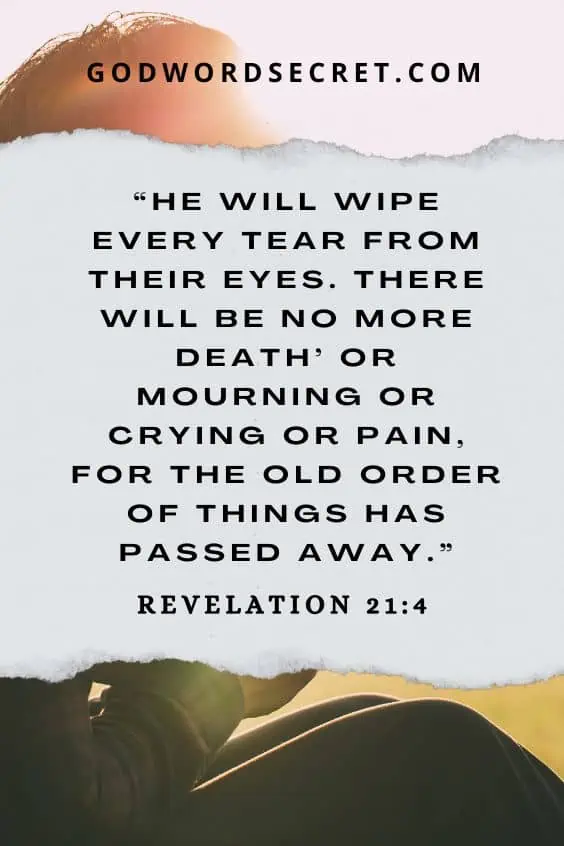
The flood that took place in Noah’s time should be able to give us an idea of how great, and at the same time how good, our God is. God showed mercy to Noah and his family. Because of this, human beings were able to continue multiplying. Ponder on this—because of the grace of God, we are still alive today and are able to encounter Jesus Christ in our lives. The grace of God in the life of Noah has affected believers of today. Now we can enjoy great satisfaction in Jesus Christ. Also, we can now fully enjoy and witness the power of the Holy Spirit in us.
The Flood Story
I remember when I was still in college; a close friend of mine, who was an atheist, told me that he didn’t believe in God because God is brutal and He does unjust things. I realized at that time that this inquiry of my friend was common to almost all nonbelievers. But what my atheist friend missed is that God exercised His judgment accordingly since He is Holy, and the people were wicked. I explained to my friend that there was an increase in evil and wickedness during Noah’s time. God saw that the wickedness of man was great in the earth and that every imagination of the thoughts of his heart was only evil continually (Genesis 6:5 The Lord saw how great the wickedness of the human race had become on the earth, and that every inclination of the thoughts of the human heart was only evil all the time.). And then I pulled out my Bible and opened it to Genesis 18:25, which says “That be far from thee to do after this manner, to slay the righteous with the wicked: and that the righteous should be as the wicked, that be far from thee: Shall not the Judge of all the earth do right?” I then asked my friend, if God did not exercise His justice during those times, will you still call Him just? Praise God that my friend was able to grasp what I was getting at. But then he asked, so why is God not judging us today? I then humbly presented the mercy of God. I told my friend that God is patient and that He is merciful enough to delay His justice. I also shared with my friend the Parable of the Wheat and Weeds (Matthew 13:24-30). Then I saw my friend smile at me, and he said, “Wow, I can clearly see both the justice and mercy of God in the flood!” This brought a gentle warmth inside my heart. Then I shared the Gospel with him and we prayed together. By God’s grace, He is now a believer!
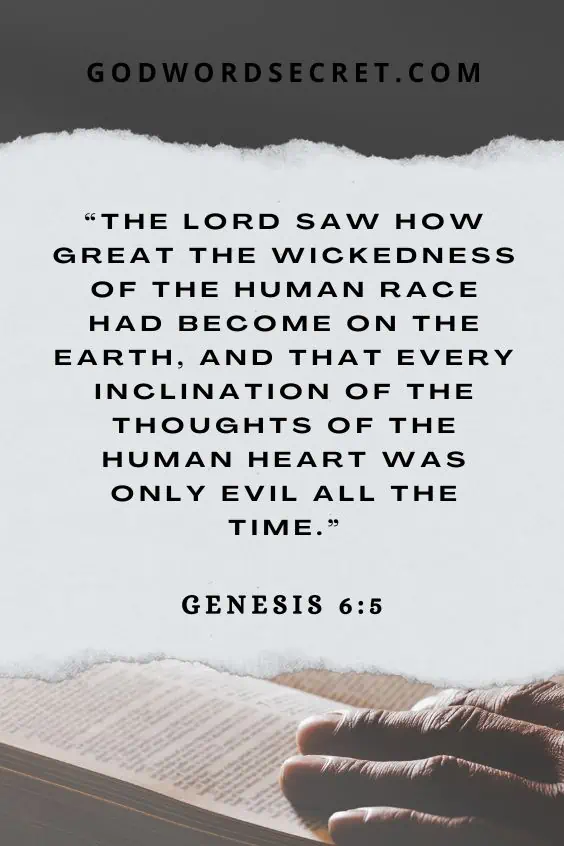
The story of the Flood is real, and it is one of those biblical passages that we can use in order to explain the justice and mercy of God. Instead of viewing the flood as something horrific and terrible, why not view it as God’s way of presenting His justice and mercy to us? Noah’s flood is more than just a punishment story; it is about God exercising mercy for His creatures, giving them a chance to repent, and sending them an invitation to the Gospel of Christ.
